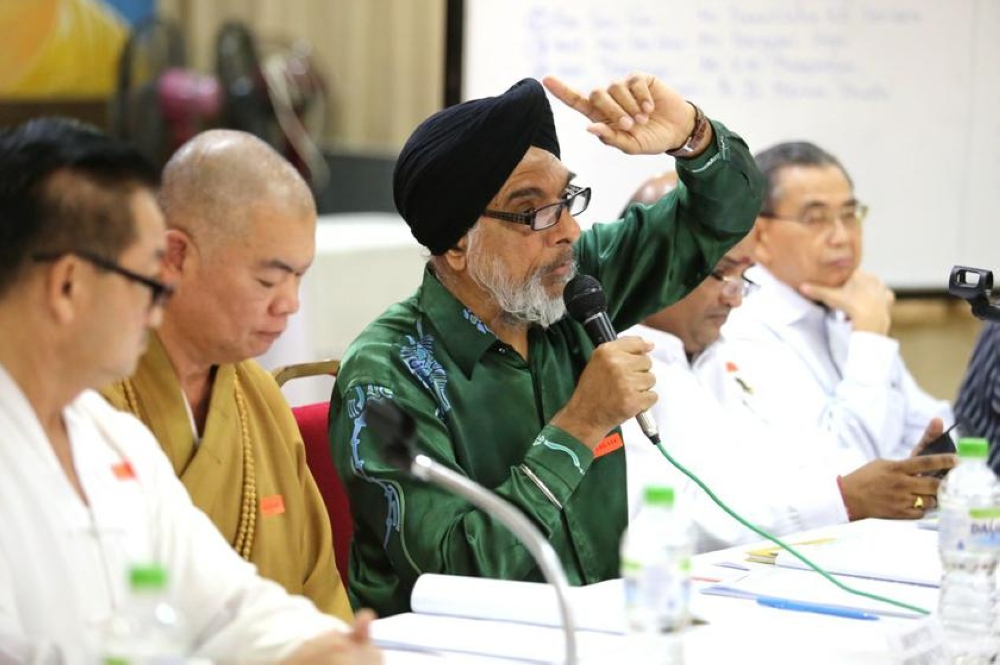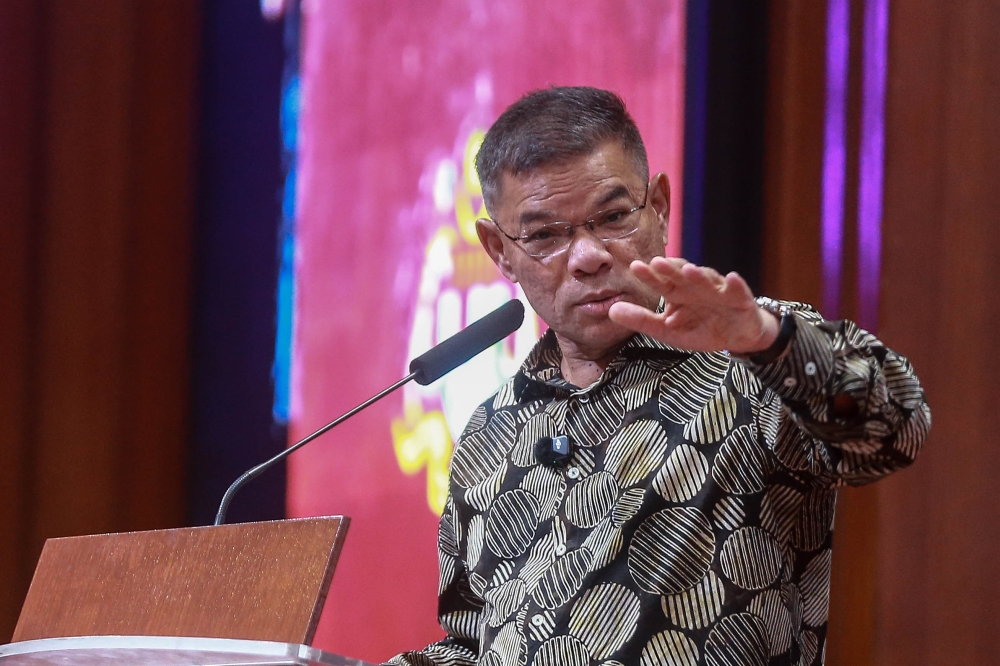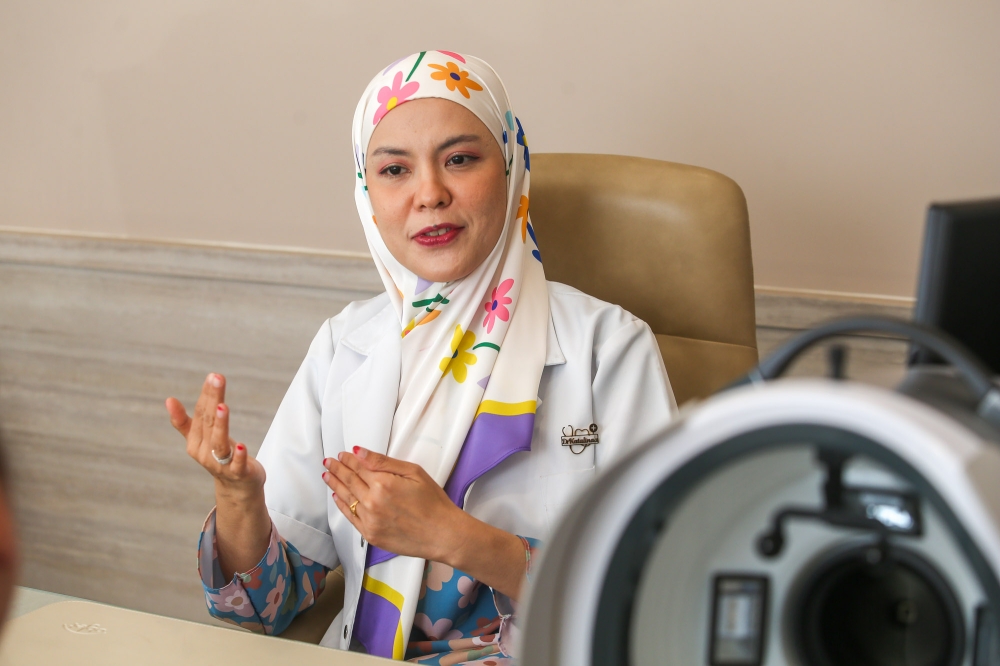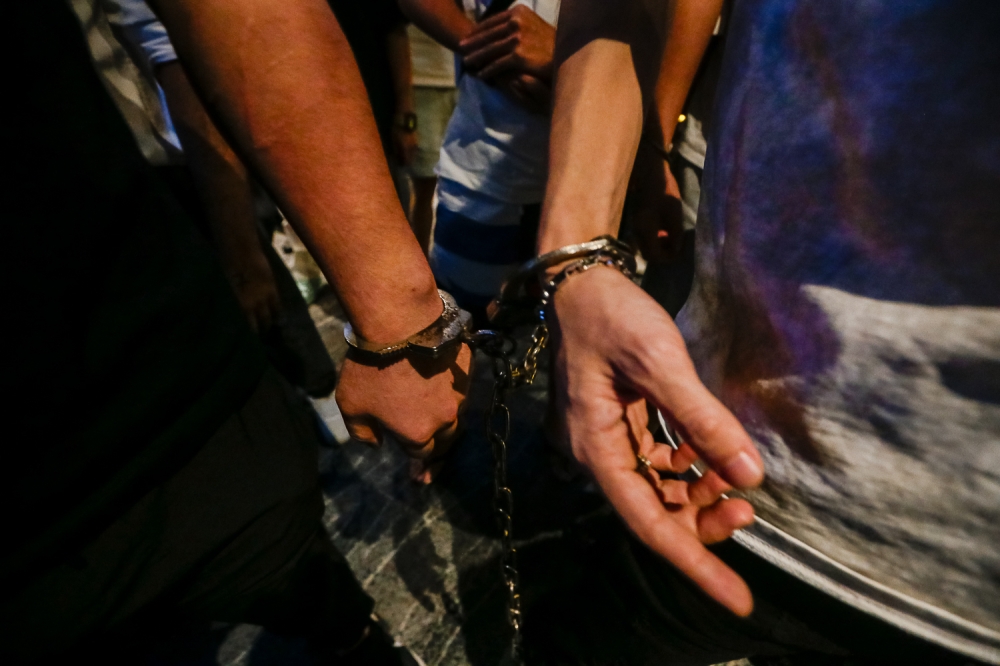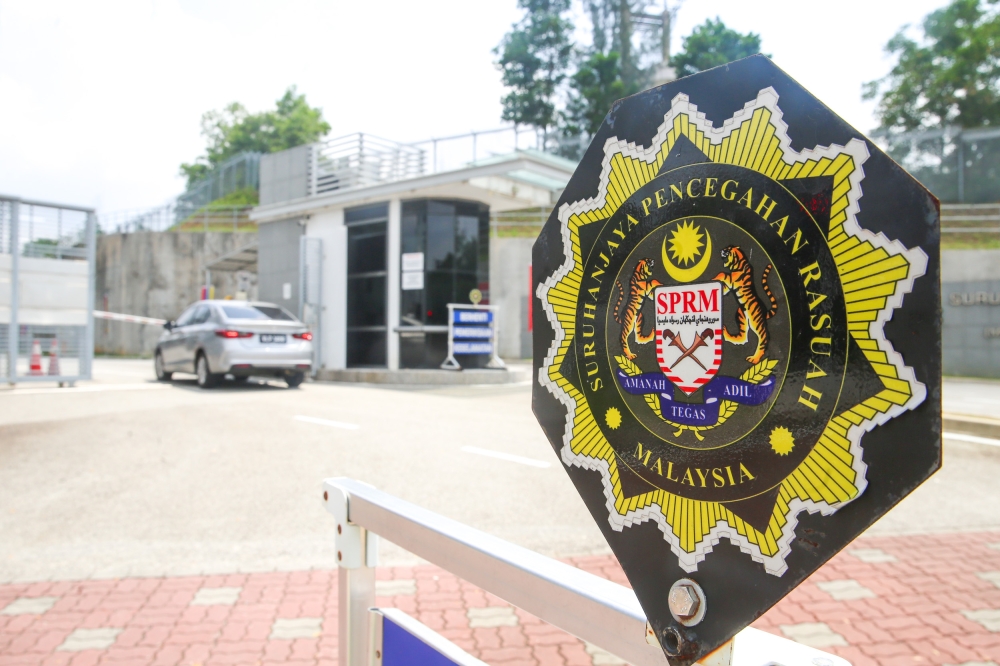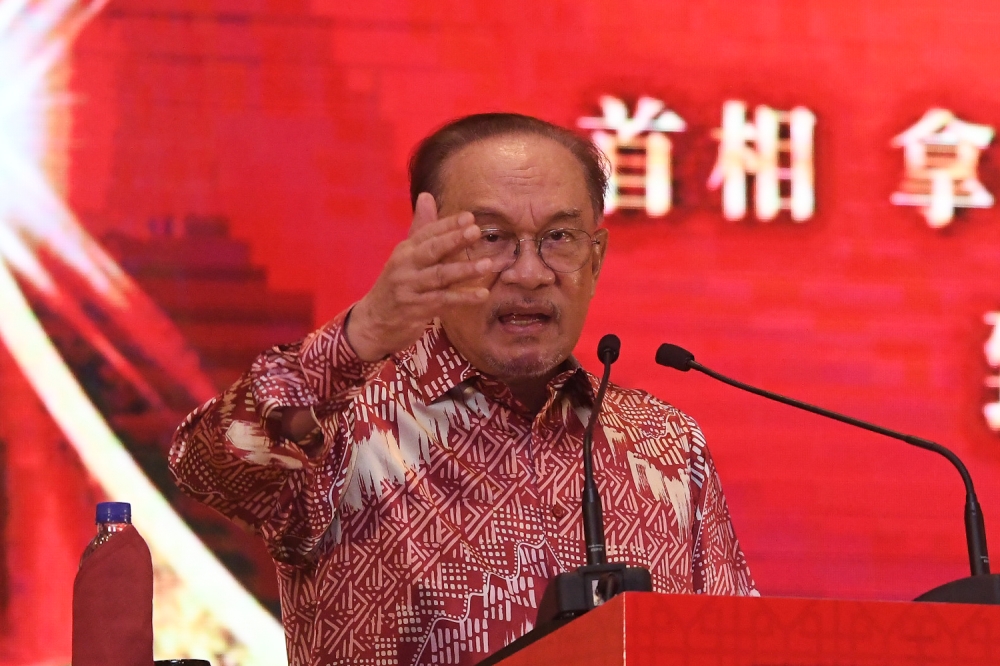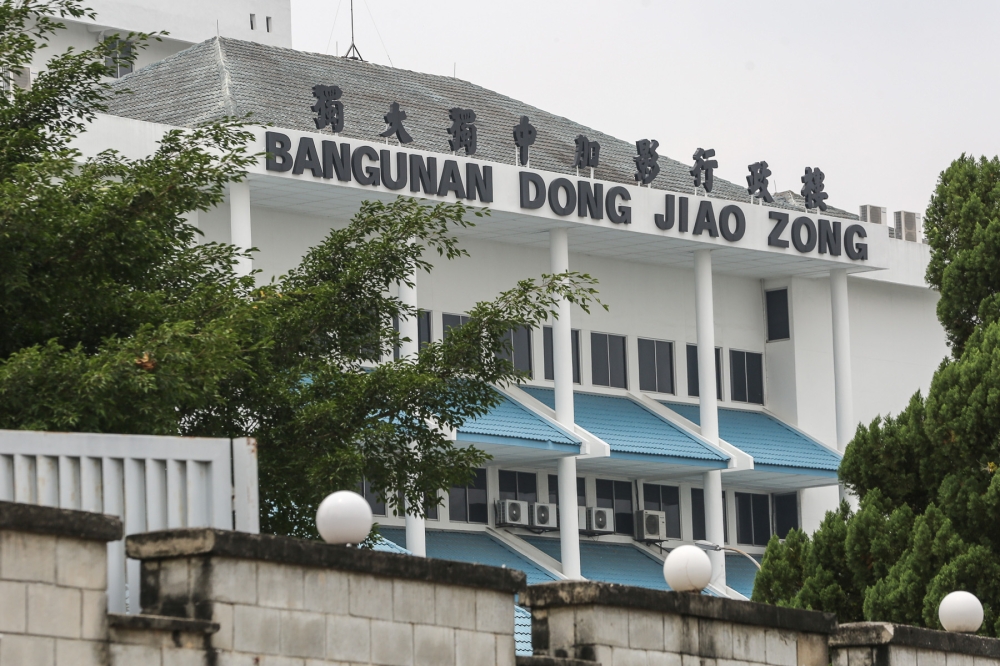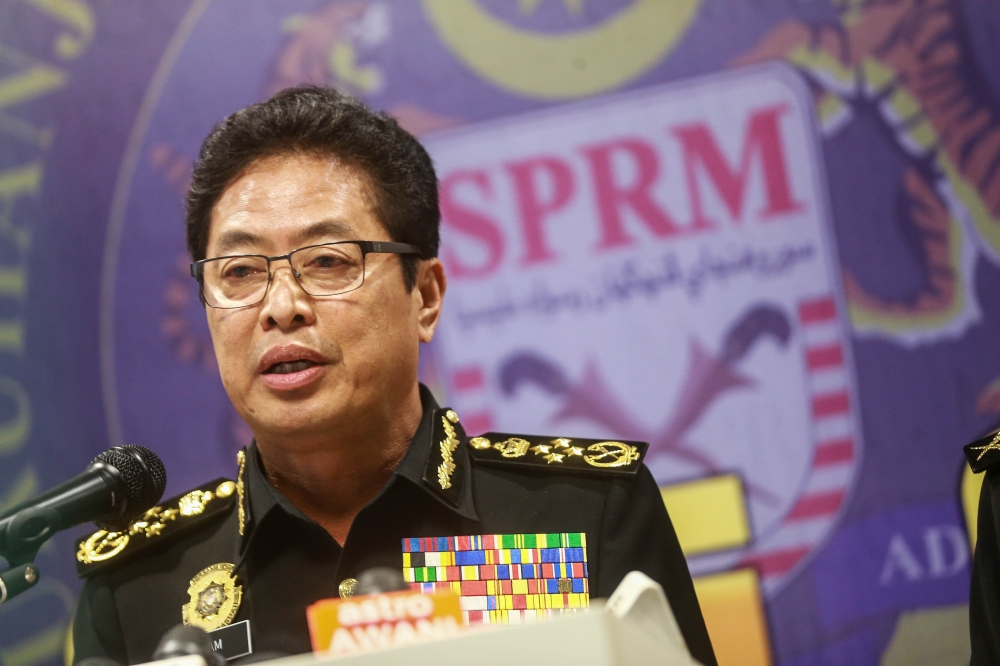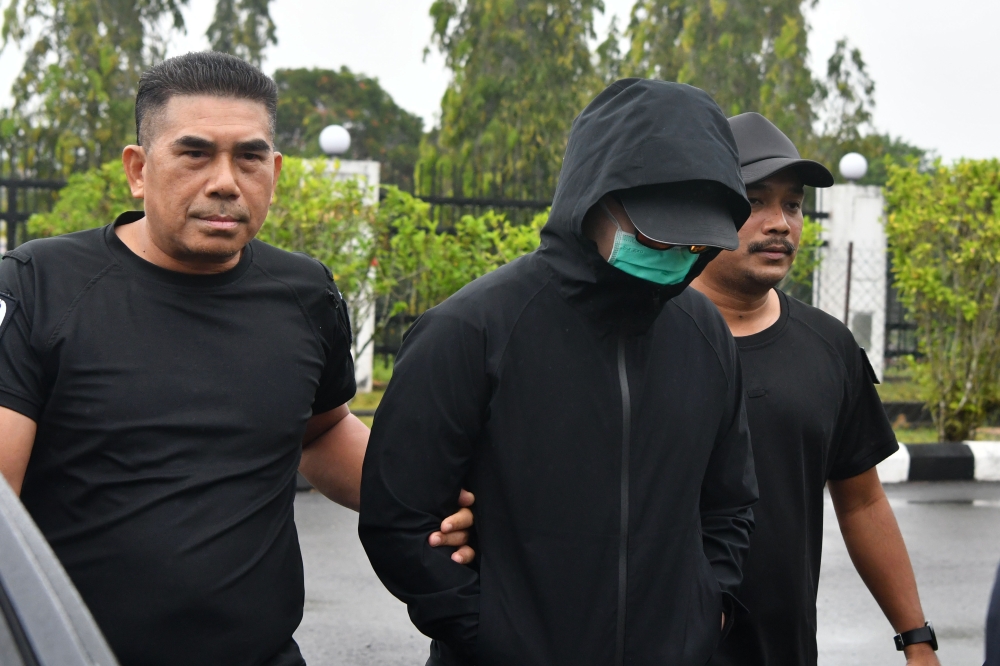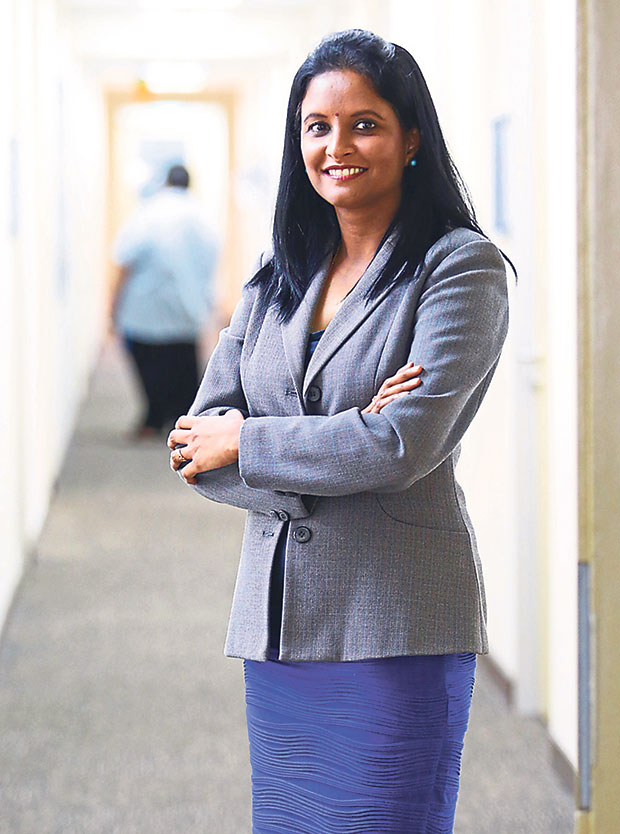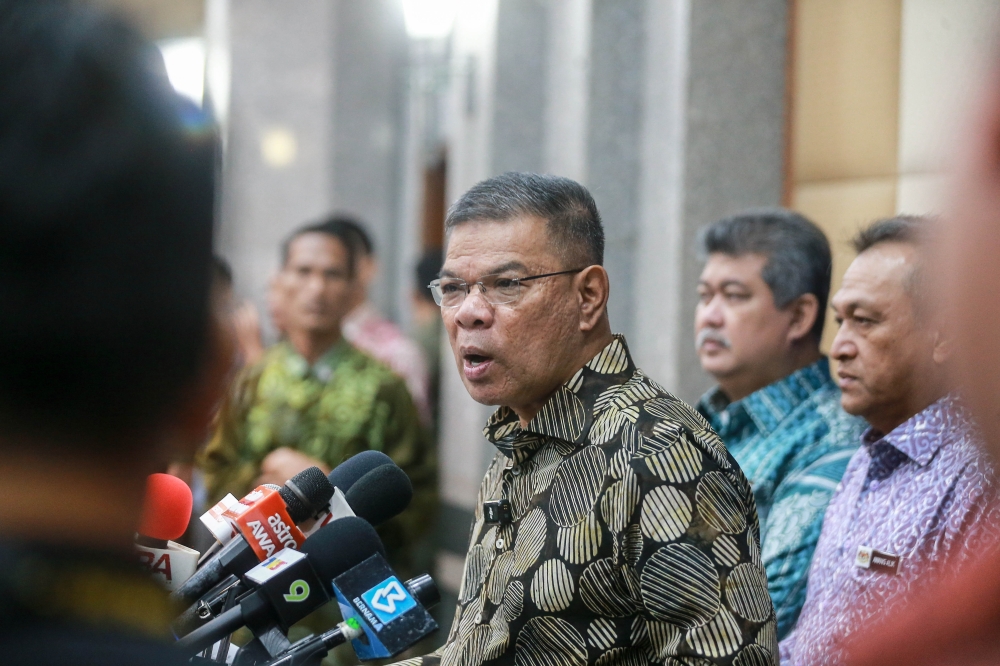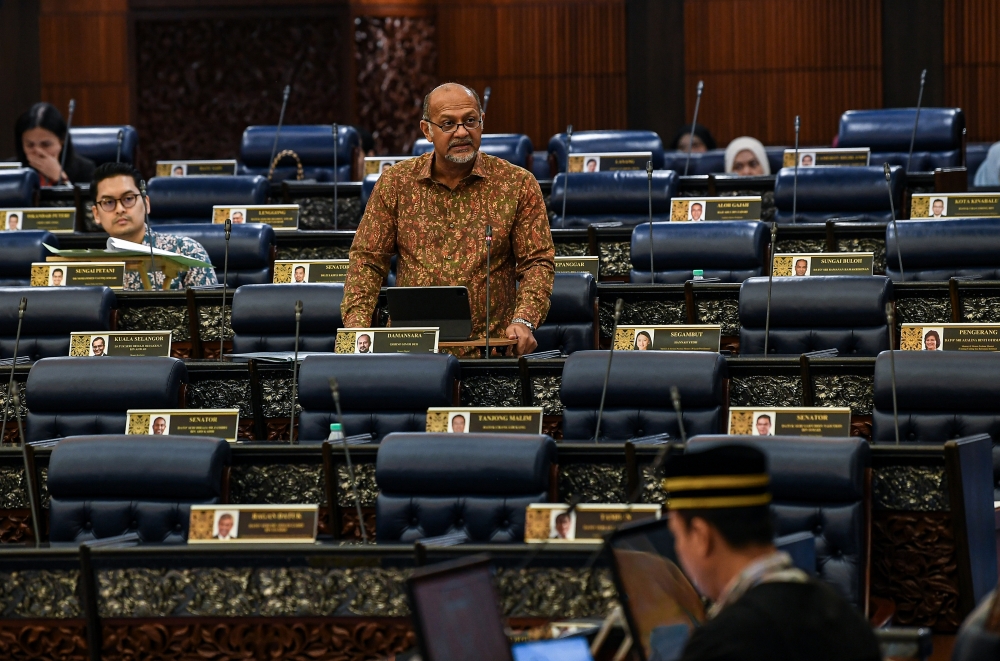KUALA LUMPUR, Sept 27 — Born to a Tamil school headmaster in Klang, Mahaletchumy Arujanan never thought she would become an expert in the field of biotechnology. Or that she would get nominated as one of the world’s 100 most influential people in that field.
Dr Mahaletchumy Arujanan, who heads the Malaysian Biotechnology Information Centre (MABIC), was listed in a report published by renowned scientific magazine Scientific American.
The sessional lecturer at Monash University is also editor of the country’s first science newspaper, The Petri Dish. This monthly newspaper aims to help the public better understand the world of biotechnology as well as be updated on the latest happenings.
Initially she wanted to be a lawyer but Mahaletchumy’s career path turned to science due to her father’s influence.
The 46-year-old mother of two says her family has been her biggest support; they have been very tolerant of her very hectic schedule.
Here, she talks about her journey and challenges.
In her own words:
I wanted to be the best lawyer in the country. So what actually happened was, after Form 3 I got into the Science stream... my father said you know Science stream is the elite stream so why don’t you do it? I told myself that I’ll switch back to the Arts stream after Form 5 to do law. But then what happened after Form 5 was I fell in love with science. Biology in particular.
So I worked in a Swiss company, then I worked in another international organisation. Then two local companies. That’s when the problem started. First one I left because I didn’t agree with what the company was doing. A lot of unethical claims were being made. If I don’t believe in a product, I would not be promoting it to someone else. I can’t be allowing a pregnant woman to take something that I myself as a mother did not agree with. I didn’t want to put anyone through that. Then the second company, the whole company was about politics and I hate office politics. For me it is all about productivity and should be results oriented. There were many petty things that happened with that boss, I was unhappy so I resigned.
I am not going to say biotech is good so go ahead clone yourselves, your cells or a dead cat. No, we are science based but ethics is also important to us. Malaysia is a a religious country but no matter what religion you practise. We are not completely atheists or free thinkers, so ethics and religion here are important. So we have to see like cloning, what is it for, why do you want to do it? There are so many issues.
We engage ulamas as well. So what we did here was to organise a dialogue with scientists and ulamas. We wanted scientists to understand what are the Islamic principles and the ulamas to understand what exactly happens in these science processes. Ulamas will be able to make decisions not just based on Shariah principles but also scientific knowledge.
In the Philippines, there was this blanket fatwa from the Ulama Council saying that all genetic modification (GM) is haram. We had these dialogues with the ulamas and we came up with this resolution. So then, the Philippines lifted their fatwa and said it is haram only if the genes come from porcine sources… many countries were watching and read the resolution we came up with and they started being more open to biotech. Malaysia also has a fatwa that says the same thing. GM is allowed only if the source is not porcine. Which is fair to all.
One time, I was invited for a talk in Pakistan about public acceptance. I was given a broad title and I told my bosses that I wanted to present a series on the ulama workshops I’d done. My bosses were like, “Mahaletchumy are you sure? You want to give this talk in Pakistan and you’re not a Muslim?” They were very jittery but I said, yes I want to do it.
It was really well accepted. Everyone there were mostly Muslims and they loved it. My bosses were sitting, holding their chairs when it was my turn to speak. I was glad to do it though, I’m a risk taker. People will know if you’re being sincere. Even here, I’ve been engaging with government agencies and people who have worked with me know that MABIC is genuinely doing this for the country. People are not sceptical anymore, so that is something good.
They see you as a woman first, then only they see you as scientist. There always is the pre-judgement. I think the perception is true and it might be a reality but if you are really good at what you do, people won’t judge you for being an Indian, Chinese or even woman.
I think students should stop asking what they should do. They should first ask themselves what they want to do and explore the fields that interest them. The interest must come from them and then only we can help. They should not get into something that they don’t want to do. Parents sometimes don’t see this as well, which is surprising as some of them are properly educated.
I don’t like graduates without soft skills and English. That is something that I cannot tolerate. You can be the smartest person but you can’t go anywhere let alone internationally. That is what makes the difference between two people from the same university and same qualifications but one achieves success but the other remains stagnant.



